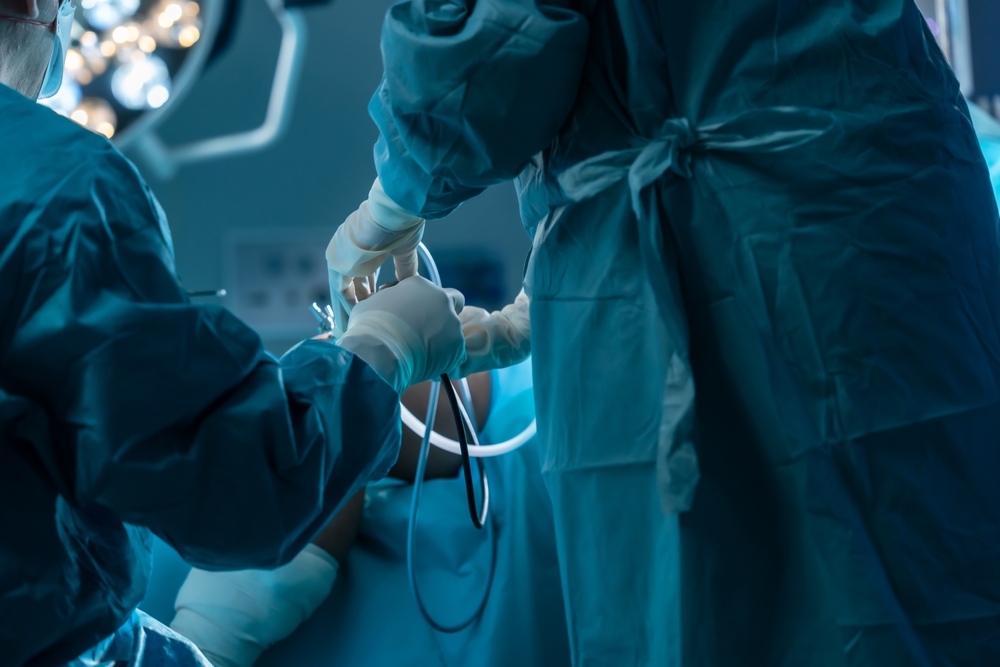Cartilage damage in the knee is a common concern for patients experiencing joint pain, stiffness, and limited mobility. Cartilage is the smooth, rubber-like tissue that cushions the ends of bones within joints, enabling pain-free movement. When this cartilage becomes damaged—either from injury, overuse, or wear and tear—a defect forms that can eventually lead to osteoarthritis if left untreated.
What Is MACI?
MACI (Matrix-Induced Autologous Chondrocyte Implantation) is an advanced regenerative treatment that uses a patient’s own cells to repair damaged knee cartilage. This FDA-approved technique offers a promising solution for patients with knee cartilage defects, including those affecting the:
- Medial Femoral Condyle
- Lateral Femoral Condyle
- Trochlea
- Cartilage defects with underlying bone involvement
MACI is ideal for younger, active patients who have focal cartilage defects and want to delay or avoid joint replacement surgery.
How MACI Works
The MACI procedure involves harvesting a patient’s own cartilage cells, growing them in a lab, and re-implanting them into the knee. The process occurs in three key stages:
1. Cartilage Biopsy
The surgeon collects a small sample of healthy cartilage from a non-weight-bearing part of the knee. This sample is sent to a specialized lab in Massachusetts, where chondrocytes (cartilage cells) are extracted, cultured, and expanded. These cells are then embedded uniformly onto a porcine collagen membrane, forming the MACI implant. The preparation and quality testing process can take up to six weeks.
2. Implantation Surgery
Once the MACI implant is ready, it is delivered to the treatment facility. During the procedure, the orthopedic surgeon precisely sizes the implant and places it into the cartilage defect. The implant is secured using a fibrin sealant—no stitches required. This minimally invasive technique results in faster recovery and reduced trauma to the surrounding tissue.
3. Rehabilitation
Rehabilitation begins within hours after surgery, following a personalized plan prescribed by the orthopedic care team. Most patients resume regular daily activities between 9 to 12 weeks post-surgery. Adhering to physical therapy is essential to promote healing and ensure long-term success.
Benefits of MACI Implants
- Uses the patient’s own cells (autologous), reducing rejection risk
- Minimally invasive implantation
- No sutures needed
- Proven improvement in knee function and pain relief
- Durable, flexible, and easy to apply
Is MACI Right for You?
If you’re experiencing persistent knee pain due to cartilage damage and want a long-term solution that promotes healing from within, MACI might be the right option. Iowa Ortho’s experienced orthopedic surgeons specialize in regenerative orthopedics and can determine whether you’re a candidate for this innovative treatment.
Contact Iowa Ortho to Learn More
Ready to explore MACI or other regenerative orthopedic options? Contact Iowa Ortho today to schedule a consultation and learn how we can help you get back to doing what you love—pain-free.

